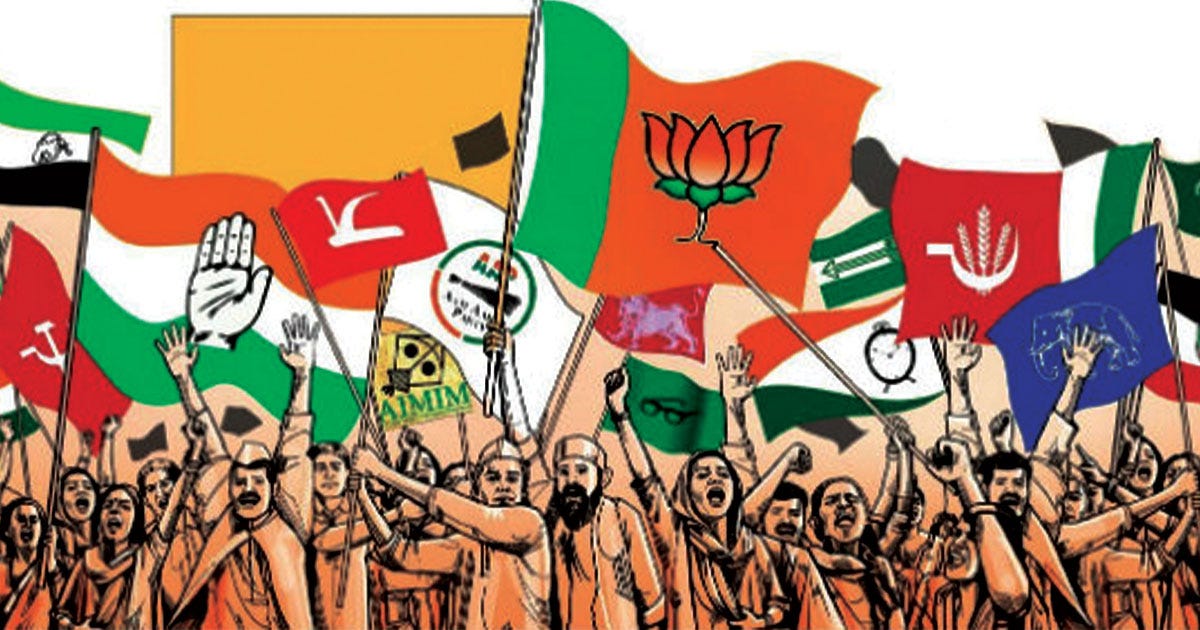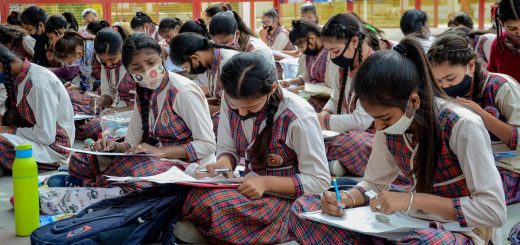How do we address the complicated claims of backwardness by various politically powerful castes?

In India, reservation is one of the most controversial parts of the Indian constitution since independence. The Constitution of India provides reservations to people of the lower class who were suppressed by people of the upper class for hundreds of years. Different caste groups have their loyalties behind different political parties and their ideologies. Right from his birth, an Indian citizen inherits a caste and grows up as a member of a particular caste group.
Two decisions of the Supreme Court have frayed nerves in Maharashtra on the broader question of “Reservation”. One concern to creating a separate backward class be made up of Marathas and allowing them reservation in jobs and education. The other concern to OBC reservation on local bodies. Both issues have different pertinent which is beyond Maharashtra. But this matter is only limited up to Maharashtra. Both decisions were the only expected judicial results, but they constitute an intellectual failure of our politics and a situation of the deadlock that social justice has trashed. In the Indian constitution, the reservation provisions are given articles 15,16, and 46, and these are available for the Indian citizen only.

Challenges in addressing the demands for reservation
The reservation system in India is hampering the situation in India and it is pathetic. No other country has permitted such an offense. The initial purpose of the reservations was to help those who had been deprived of better living conditions, education, and social status, in the last so many centuries.
Lack of quantitative data: The subject of the authentic population quota of OBCs has been talked about for many years.
Apart from this an objective to provide social and economic justice among all the classes people have to understand the socio-economic situation of different backward communities.
we have to figure out which groups are backward and what are the requirements or needs to be done for them. The political class intentionally continues to maintain the socio-economic differences between various castes. They have consistently avoided the juridical reality.
Five reservation-related issues gaining renewed urgency
- Intra-OBC differentiation: this is the level of discrimination the people face at times in certain areas. Several states are unable to find out an effective arrangement to addressing the issue. The Centre is currently waiting for a report on this question.
- Intra-caste stratification: Caste is a rigid system that divides society into different groups over a years. Intra-caste stratification is increasing — something that was rather limited at the time of Mandal.
- Advantages and logic: Reservation give life stability to survive in an era where people die for stealing food. It allows backward classes a chance at improving their and status in society and getting meaningful education and employment.
- Limits of reservation: there is a necessity to discuss the limits of reservation and what are the additional measure to increase the policy of social justice.
- Setting boundaries: There is no doubt that reservation has helped the people of the reserved class to improve their social and economical status. The proportion of SC, ST, and OBC has increased in government institutes. But with such extensive poverty. how do we distinguish between backwardness primarily caused by a group’s social location in traditional social order and backwardness resulting from distortions of the political economy?




